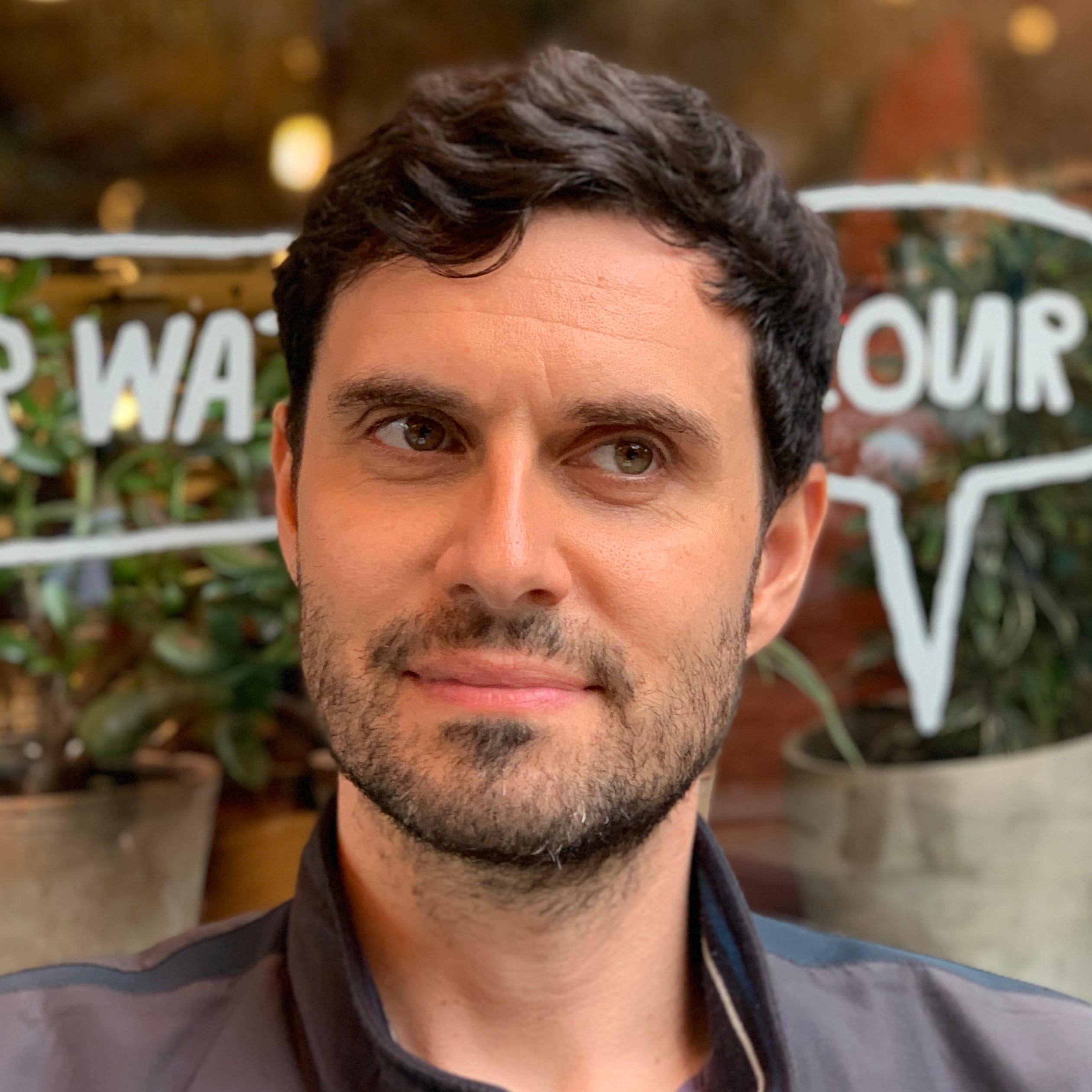Education and Early Career
Kleomenis Katevas earned his Ph.D. in Computer Science from Queen Mary University of London, where he focused on analyzing crowd behaviors using mobile sensing technologies. His doctoral research was supervised by Dr. Laurissa Tokarchuk and Prof. Hamed Haddadi. Prior to his Ph.D., he completed an M.Sc. in Software Engineering at the same institution, with a thesis titled "The Sense of Collaborative Virtual Touch," under the supervision of Prof. Patrick G.T. Healey. He also holds a B.Sc. in Informatics Engineering from the University of Applied Sciences of Thessaloniki, Greece, where he developed a house automation system for his undergraduate thesis.
Professional Experience
Katevas has held various research positions throughout his career. He served as a Research Associate at Imperial College London, contributing to projects related to mobile sensing and human-computer interaction. He later joined Brave Software as a Machine Learning Researcher, focusing on privacy-preserving machine learning and federated learning systems. In this role, he has been involved in developing frameworks that enhance user privacy while enabling effective machine learning applications.
Contributions to Mobile Sensing
One of Katevas's notable contributions is the development of SensingKit, an open-source mobile sensing framework compatible with iOS and Android devices. SensingKit specializes in capturing motion, orientation, location, and proximity data, facilitating large-scale experiments in mobile sensing. The framework has been utilized in various projects, including CrowdSense, a tool that allows researchers to capture sensor data from mobile devices while ensuring user privacy through data anonymization.
Innovative Projects
Katevas has been involved in several innovative projects that intersect technology and human interaction. He developed the Sign Language Glove, a wearable device that recognizes American Sign Language (ASL) gestures and translates them into text. The glove analyzes data from multiple embedded sensors and classifies it using a 37-gesture-to-character vocabulary, aiming to facilitate communication for individuals with hearing and speech disabilities.
In collaboration with Prof. Patrick G.T. Healey, Katevas programmed RoboThespian, a humanoid robot designed to perform stand-up comedy. The project aimed to investigate audience interaction with robotic performers and explore the potential of robots in entertainment. The performance took place at the Barbican Centre in London and involved analyzing audience responses to the robot's preprogrammed jokes.
Research and Publications
Katevas has authored and co-authored numerous publications in the fields of mobile sensing, privacy-preserving machine learning, and human-computer interaction. His work includes studies on detecting group formations using iBeacon technology, evaluating sensor power consumption in iOS devices, and exploring gait synchronization phenomena. He has also contributed to research on federated learning systems, emphasizing the importance of user privacy in machine learning applications.
Patents
Katevas holds several patents related to his research interests. These include methods and systems for tracking and quantifying visual attention on computing devices, privacy-preserving peer-to-peer machine learning, and federated learning for preserving privacy. These patents reflect his commitment to advancing technologies that prioritize user privacy and data security.
Public Engagement
Beyond his research contributions, Katevas actively engages with the broader community through public talks and podcasts. He has been featured on Brave's podcast discussing privacy-protecting AI and building consumer trust. Additionally, he has given talks at conferences such as the Flower Summit at the University of Cambridge, sharing insights on practical privacy-preserving federated learning approaches.
Awards and Recognition
Katevas's work has been recognized with awards, including the Best Poster Award for "SensingKit: A Multi-Platform Mobile Sensing Framework" at the 2015 Marconi Society Symposium. His research continues to influence the fields of mobile sensing and privacy-preserving machine learning, contributing to the development of technologies that respect user privacy while enabling innovative applications.
